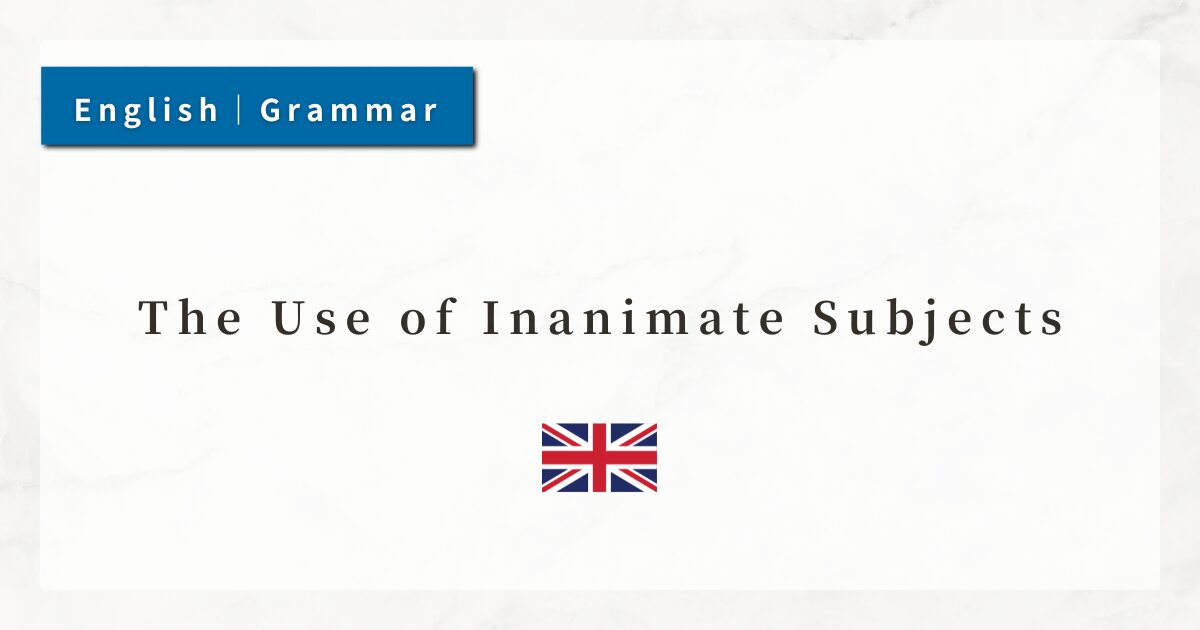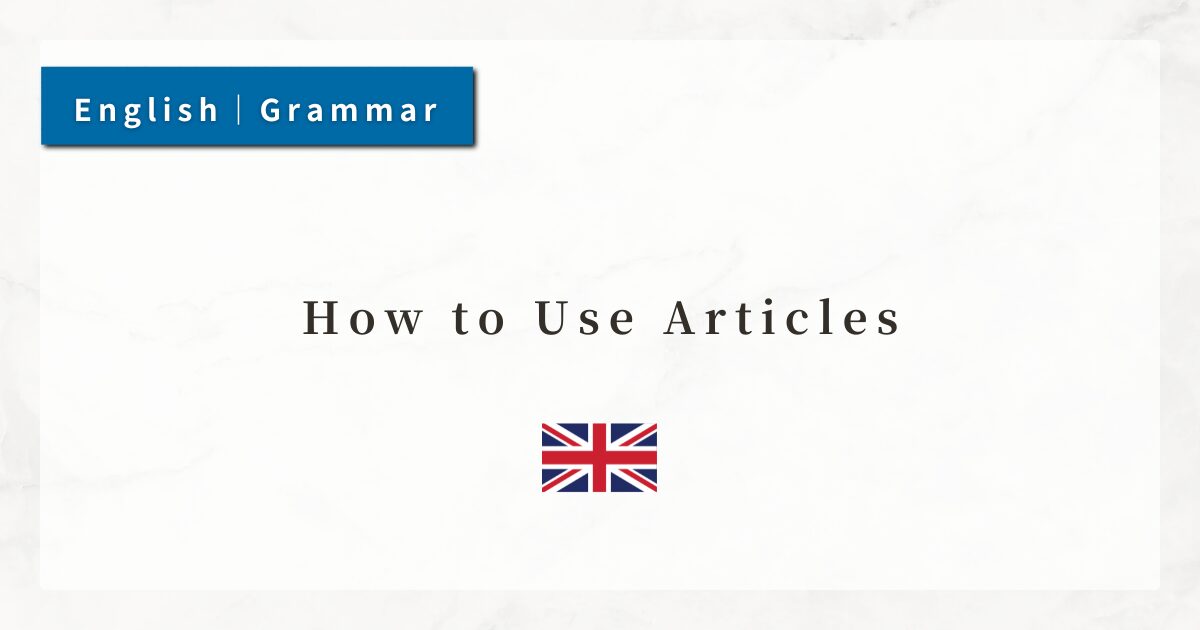#22 The Past Tense of the Verb “be”|Conjugation and Usage of was / were

In English, I use the past tense of the verb be (was / were) when talking about past states or events.
In the present tense, I use am / is / are, and their forms change according to the subject. The past tense follows the same rule: I must choose either was or were depending on the subject.
In this lesson, I will explain how to use the past tense of be in three sentence types: affirmative, negative, and interrogative.
1. What Is the Past Tense of be?
The verb be is one of the most fundamental verbs in English, expressing states such as “to be” or “to exist.”
In the present tense, I use am / is / are depending on the subject. In the past tense, each of these is replaced by its corresponding past form, as shown below:
| Subject | Present Tense | Past Tense |
|---|---|---|
| I | am | was |
| he / she / it | is | was |
| you / we / they | are | were |
2. Affirmative Sentences
Forming affirmative sentences with the past tense of be is very simple.
I only need to place was or were after the subject to express past states, locations, occupations, and so on.
- I was tired yesterday.
- She was at home.
- They were happy.
The key point is to choose was or were according to the subject.
3. Negative Sentences
To form negative sentences in the past tense of be, I add not after was or were.
- was not (short form: wasn’t)
- were not (short form: weren’t)
- He was not at the station.
- They were not ready.
- I wasn’t hungry.
- You weren’t late.
In everyday conversation, the contracted forms (wasn’t / weren’t) are more common, so it is important to remember them as well.
4. Interrogative Sentences
To form interrogative sentences in the past tense of be, I place was or were before the subject.
- Was she angry?
- Were you busy yesterday?
- Was he at school today?
The word order is: be verb + subject + the rest of the sentence.
When answering, I respond as follows:
- Yes, she was. / No, she wasn’t.
- Yes, they were. / No, they weren’t.
I can also make questions using wh-words (Where, Why, etc.) to ask for more specific information.
- Where was he yesterday?
- Why were you sad?
5. Summary
- The past tense of be is expressed as was or were, depending on the subject.
- Use was for I, he, she, it; use were for you, we, they.
- Negative sentences: was not / were not (short forms: wasn’t / weren’t).
- Interrogative sentences: place was / were before the subject.






